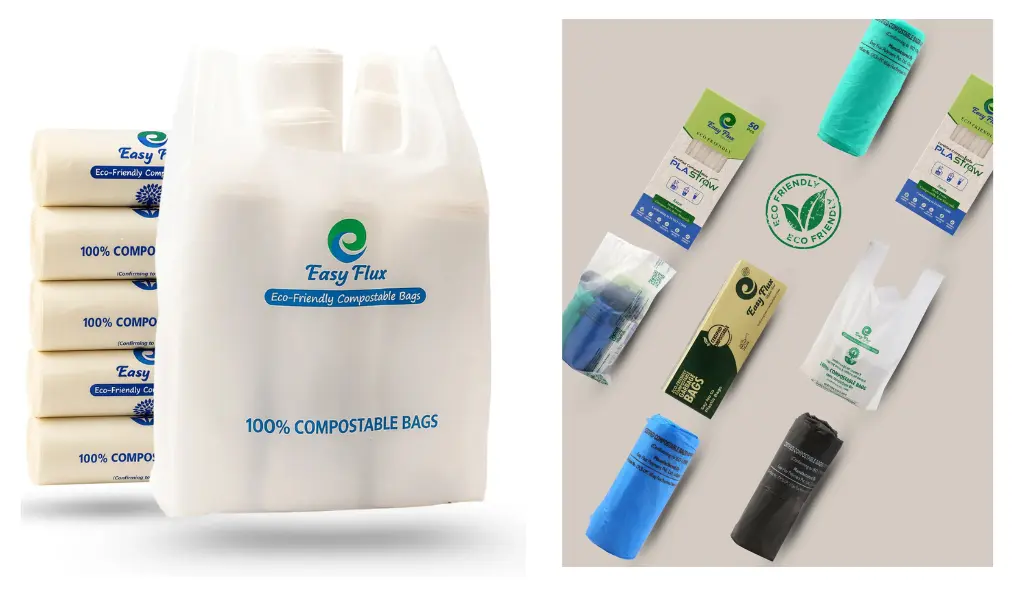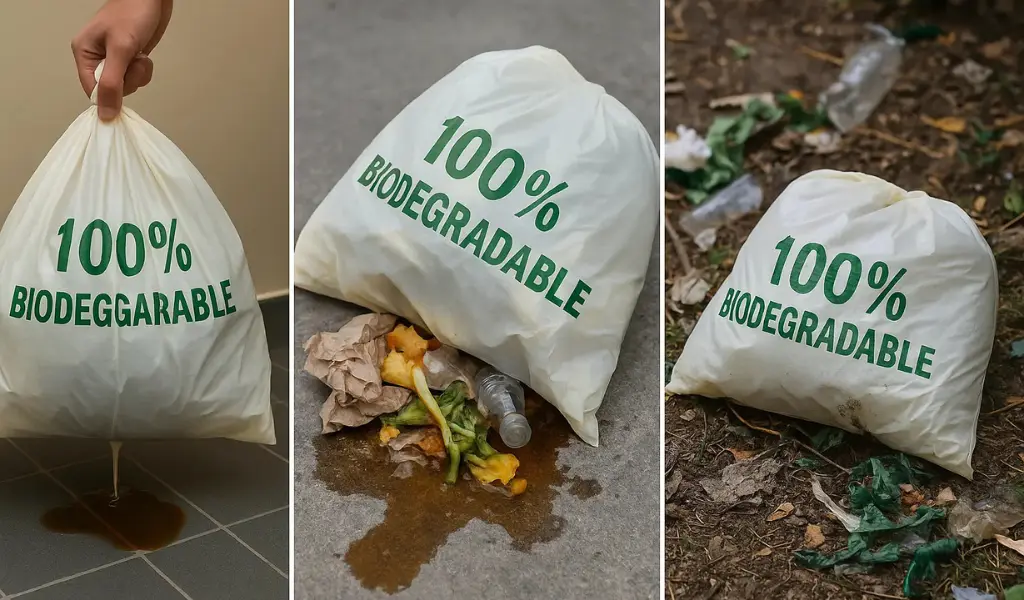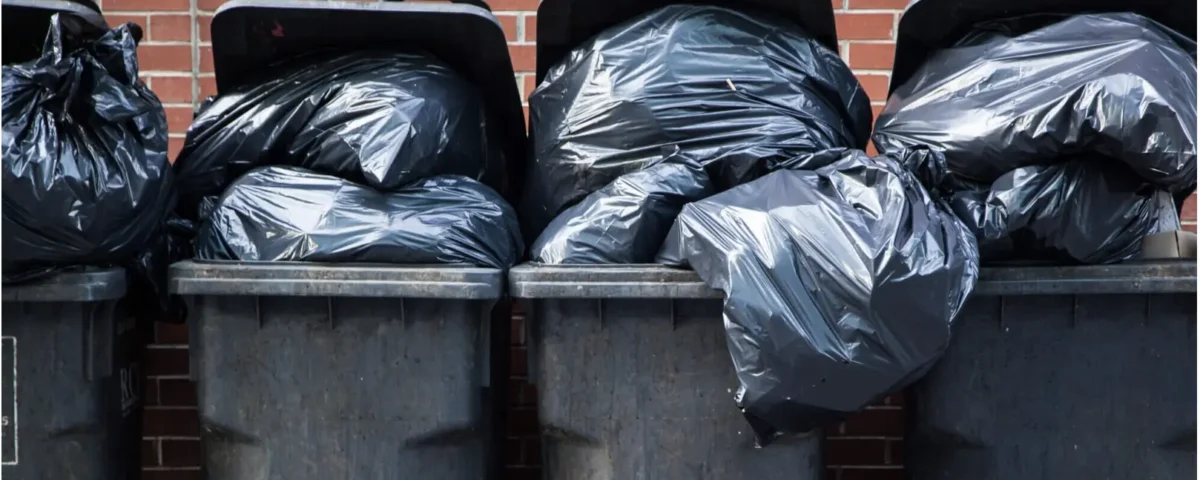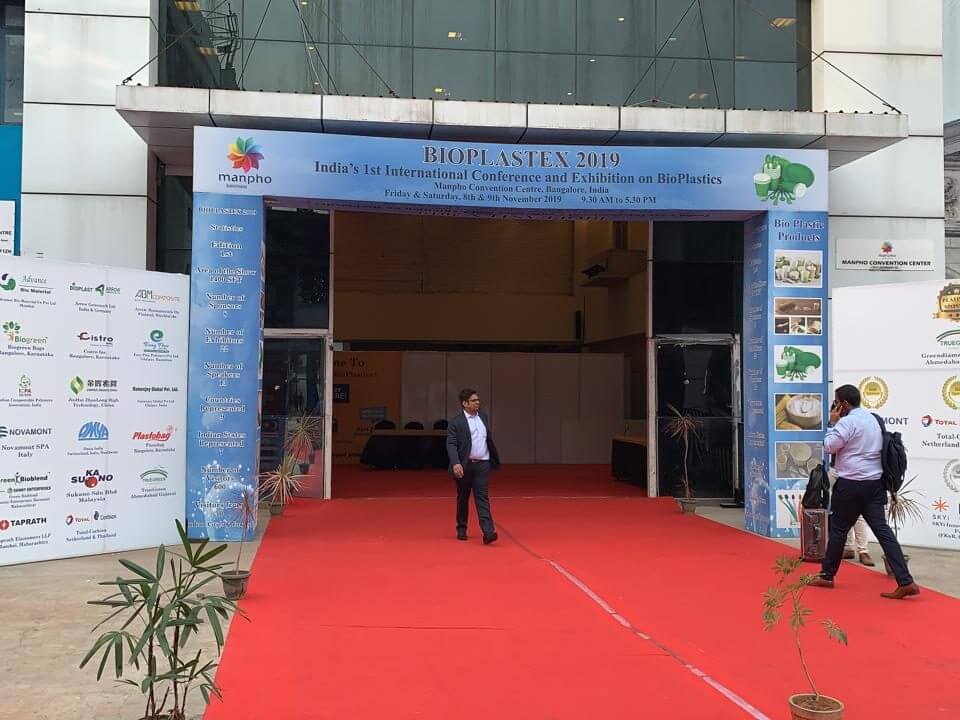Easy Flux
India’s Plastic Waste Management (PWM) Rules, championed by the Central Pollution Control Board (CPCB), were designed to curb pollution and encourage sustainable alternatives like compostable plastics. Yet, while the rulebook appears robust on paper, its on-ground interpretation exposes a critical policy gap — especially around garbage bags. When regulations are interpreted differently by each state and diluted further on the ground, we’re left not with a framework, but a free-for-all.
Working closely in the compostable packaging space, particularly in institutional procurement, I’ve seen this firsthand. When encouraging hotels and large buyers to switch from misleading “biodegradable” garbage bags to certified compostable ones, the response is disturbingly consistent:
Case in point, what we hear on the ground
A Purchase manager of a famous 5-star hotel says, “There’s been no issue from authorities. My documentation is clean, and our vendor claims it’s biodegradable. We’ve had no reason to doubt it.”
Another leading resort – The manager dismissed concerns altogether:
“I know the market. I know what I’m doing. If it’s available freely, it must be allowed. I don’t see a problem — and I’m not afraid of any audit, having worked here for 18 years in this market.”
The Loophole: Garbage Bags vs. Carry Bags
While carry bags are banned below 120 microns unless certified compostable, garbage bags are not clearly mentioned in the PWM Rules. This omission allows local enforcement authorities to make their own interpretations.
What we get to hear from the authorities
An official from the Rajasthan Pollution Board said, “Garbage bags don’t fall under carry bag rules. As long as it’s above 50 microns, we cannot take any action against them.
What this means:
- Non-certified, oxo-biodegradable, biodegradable or plain LDPE bags, which are fully banned, are still widely used in the name of garbage disposal.
- The CPCB certification for compostable plastic, though meant to ensure authenticity and sustainability, becomes irrelevant when garbage bags are considered outside regulatory purview.
Policy vs. Practice: A Mismatch
According to the PWM Rules and CPCB guidelines:
- Only CPCB-certified compostable plastic can be exempted from the 120-micron

- No biodegradable plastic is currently certified by CPCB — yet these continue to be used and sold, especially as garbage bags.

Despite this, many pollution control boards, including in Rajasthan, informally allow garbage bags above 50 microns, regardless of compostability, effectively nullifying the intent of the law.
The PWM Rules, as outlined by the Central Pollution Control Board (CPCB), specify guidelines for plastic carry bags, including thickness requirements and compostability standards. However, the term “carry bags” is defined as bags made from plastic material or compostable plastic used for carrying or transporting goods. Notably, the rules do not explicitly mention garbage bags, leading to varied interpretations across different states and enforcement agencies, especially in Rajasthan.
Why It Matters
This isn’t just a technicality. The impact is real:
Misleading sustainability claims: Customers think they’re buying eco-friendly products, but most “biodegradable” bags don’t degrade naturally. And fake labels such as 100 per cent biodegradable, which are not certified by CPCB, are spread across the market, damaging the trust of customers in labels and damaging the environment.
Undercutting certified players: Ethically certified companies like Easy Flux Polymers Private Limited—one of India’s leading CPCB-approved manufacturers of compostable bags—are built on sustainability, innovation, and strict compliance with IS 17088 standards. Yet, despite investing in certified materials and responsible R&D, they are repeatedly undercut by low-cost, non-compliant players using fake “100% biodegradable” labels. Because of this genuine efforts get sidelined while uncertified plastic continues to flood the market unchecked.

Falsely labelled 100% biodegradable bags flood the market, outcompeting certified players.
Policy credibility suffers: Inconsistent enforcement breeds distrust and non-compliance across the supply chain.
What Needs to Change
- Clarity in Definitions: Garbage bags must be clearly classified under PWM rules, with consistent enforcement of the 120-micron or compostable requirement by the CPCB.
- National-level Directive: CPCB should issue a directive stating that all plastic bags, including garbage bags, are subject to the same rules unless specifically.
- State Board Alignment: State Pollution Control Boards must understand the law put by CPCB, and there should not be any variance in the interpretation and implementation of the guidelines put by CPCB by the state pollution board; they should align with it or dilute.
- Stronger Enforcement on Mislabeling: Products marketed as “biodegradable” and oxo-biodegradable must face penalties, as they are banned according to notification number CP-99/143/2021-UPC-II-HO-СРCB-HO, since no certificate is issued by CPCB for biodegradable and oxo-biodegradable.
- Implementation of the guidelines and rules of CPCB: State enforcement agencies must take serious action to protect our environment. By conducting regular surprise inspections, we can hold businesses accountable and ensure There should be heavy media coverage of such activities so as to demotivate buyers and businesses from using this.
- Increase in fines: It’s crucial to significantly increase penalties for using illegal, biodegradable and oxo-biodegradable bags, which are completely banned according to notification number CP-99/143/2021-UPC-II-HO-СРCB-HO. Higher fines will deter buyers from harmful choices and encourage a shift towards truly eco-friendly options.
As someone working at the intersection of sustainability and business, I believe that green innovation only works when backed by clear, enforceable, and uniformly interpreted regulation. Compostable garbage bags are a meaningful step toward cleaner cities — but until loopholes are closed, we’re fighting a two-front battle: one against plastic, and one against policy ambiguity.


